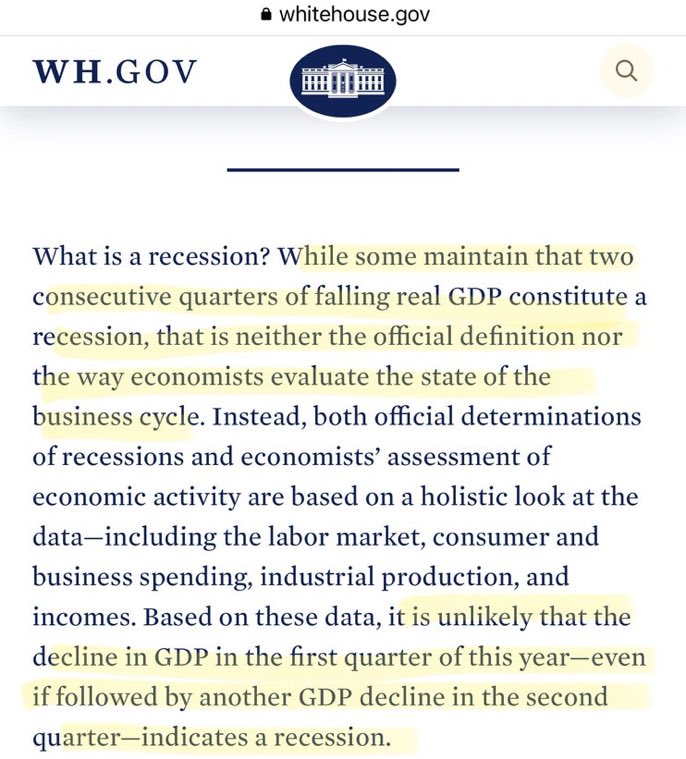Words
We think with words, and words have a meaning. If we change the meaning of words, we change our way of thinking. By hacking words, the system hacks our brains and prevents us from thinking!
In French
The ultimate reference in French to fully grasp the phenomenon: the theatrical conference of Franck Lepage, Inculture.
And a beautiful text:
The progressive disappearance of tenses (subjunctive, past simple, imperfect, compound future forms, past participle...) leads to a present-centered thought, limited to the moment, incapable of projecting in time.
The generalization of the use of "tu" the disappearance of capital letters and punctuation are as many deadly blows struck at the subtlety of expression.
Eliminating the word "mademoiselle" is not only giving up the aesthetics of a word, but also promoting the idea that there is nothing between a little girl and a woman.
Fewer words and fewer conjugated verbs mean less ability to express emotions and fewer possibilities to develop a thought.
Studies have shown that a part of the violence in the public and private spheres comes directly from the inability to put words on emotions.
Without words to build a reasoning, the complex thought dear to Edgar Morin is hindered, made impossible.
The poorer the language, the less the thought exists.
History is rich in examples, and the writings are numerous, from George Orwell in 1984 to Ray Bradbury in Fahrenheit 451, which have recounted how dictatorships of all kinds hindered thought by reducing and twisting the number and meaning of words.
There is no critical thinking without thinking. And there is no thinking without words. How to build a hypothetico-deductive thinking without mastering the conditional? How to envision the future without future tense conjugation? How to grasp a temporality, a succession of elements in time, whether they are past or future, as well as their relative duration, without a language that makes the difference between what could have been, what has been, what is, what could happen, and what will be after what could happen has happened? If a rallying cry were to be heard today, it would be addressed to parents and teachers: make your children, your students, your pupils speak, read, and write.
Teach and practice language in its most varied forms, even if it seems complicated, especially if it is complicated. Because in this effort lies freedom. Those who explain all the time that spelling should be simplified, language purged of its "flaws," genders, tenses, nuances, everything that creates complexity, are the gravediggers of the human mind. There is no freedom without demands.
There is no beauty without the thought of beauty.
Christophe Clavé
In English
Here are some examples of recently redefined words:
Woman: the Cambridge Dictionary added the following definition at the end of 2022: "adult who identifies as a woman even though having a different sex at birth." So men can be women... (the reverse is obviously true too!)
Recession: The commonly accepted definition was two quarters of declining growth. But obviously, when that happened, it was the definition that needed to be changed. 
COVID has also allowed for a dance of meanings.
Vaccine: The CDC has changed its definition of vaccine to accommodate the inefficacy of COVID "vaccines":
- In 2018
- A vaccine immunizes against a disease.
- In 2021
- A vaccine no longer immunizes, it protects against the disease.
Herd immunity: Here it is the WHO that has tackled the task:
- Up to 2020, it referred to protection conferred by vaccination or natural infection.
- Starting in October 2020, herd immunity becomes a concept used for vaccination; it is achieved by protecting people from a virus, not by exposing them to it.
Rewriting of history
And after having redefined, transformed or banned words, history is rewritten, all histories. For example, the inclusive rewriting of Roald Dahl's novels, a delirium of Wokeism and totalitarianism.
We must defend the meaning of words because it is our ability to think. The system wants to prevent us from thinking about it, and if we can't think about it, we can't fight it anymore. Let's protect words, language, and meaning!